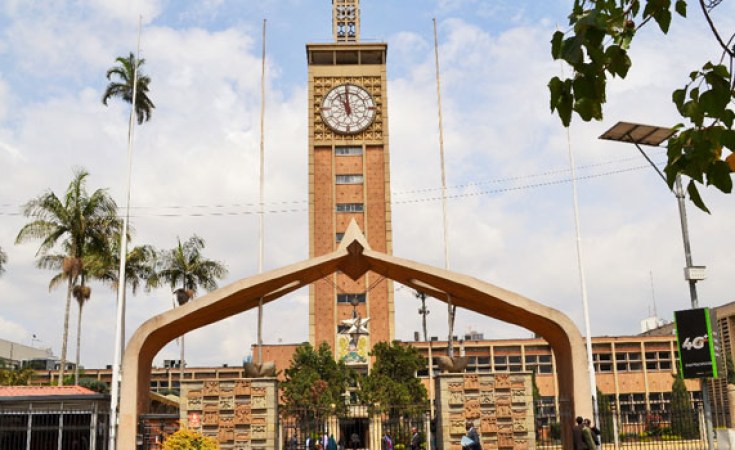Nairobi — The High court has declared the Privatization Act signed into law by President William Ruto unconstitutional and void for lack of adequate public participation.
Justice Chacha Mwita on Tuesday agreed with the submissions made by the Orange Democratic party that filed the case, saying the Act made it easier to sell state enterprises to private companies without allowing the public to give its views.
"The National Assembly failed to discharge its obligations to conduct public participation that met both quantitative and qualitative thresholds. The six memoranda received, coupled with a few stakeholders, could not effectively represent the views of the people as required by Articles 10 and 18 of the Constitution," said Mwita.
Mwita said KICC is a national heritage and privatizing it goes against article 11(2) of the constitution and the Monument and Heritage Act.
"KICC is a national monument that needs to be protected and the decision to privatize it is unconstitutional, null and void," he said.
This ruling follows the ODM Party in December 2023, filing a petition challenging the Act stating that the proposed sale of some of the parastatals, like Kenya Pipeline Limited, the Kenya Seed Company, and the Kenya Literature Bureau, were key to the country's national security and needed to stay under the control of the government for the same reasons.
ODM argued that President Ruto's plan to privatize some of the parastatals contravened the constitution and that the said organizations were the state's assets financed by the public.
On November 2023, the National Treasury announced plans to privatise 11 entities on grounds that some of the parastatals made losses despite immense funding by the government.
Apart from the KICC, the government announced the sale of the National Oil Corporation of Kenya, Kenya Vehicle Manufacturers Limited, Mwea and Western Kenya Rice Mills, Rivatex East Africa, and the Numerical Machining Complex, among others.
Ruto signed the Privatization Act which was aiming to give the Executive power to dispose of public assets, prompting the opposition to move to court to challenge it.
The Act provided that if a decision to ratify the sale of a public parastatal is not made by the National Assembly in 90 days, then the decision would be deemed ratified.
About The Author


